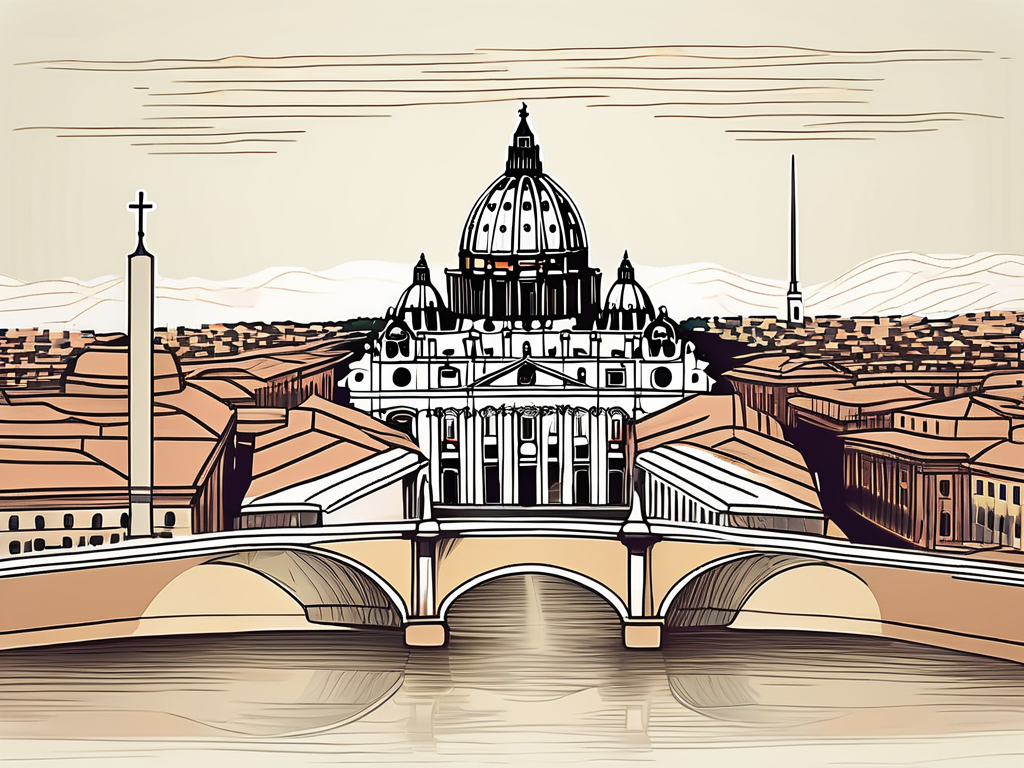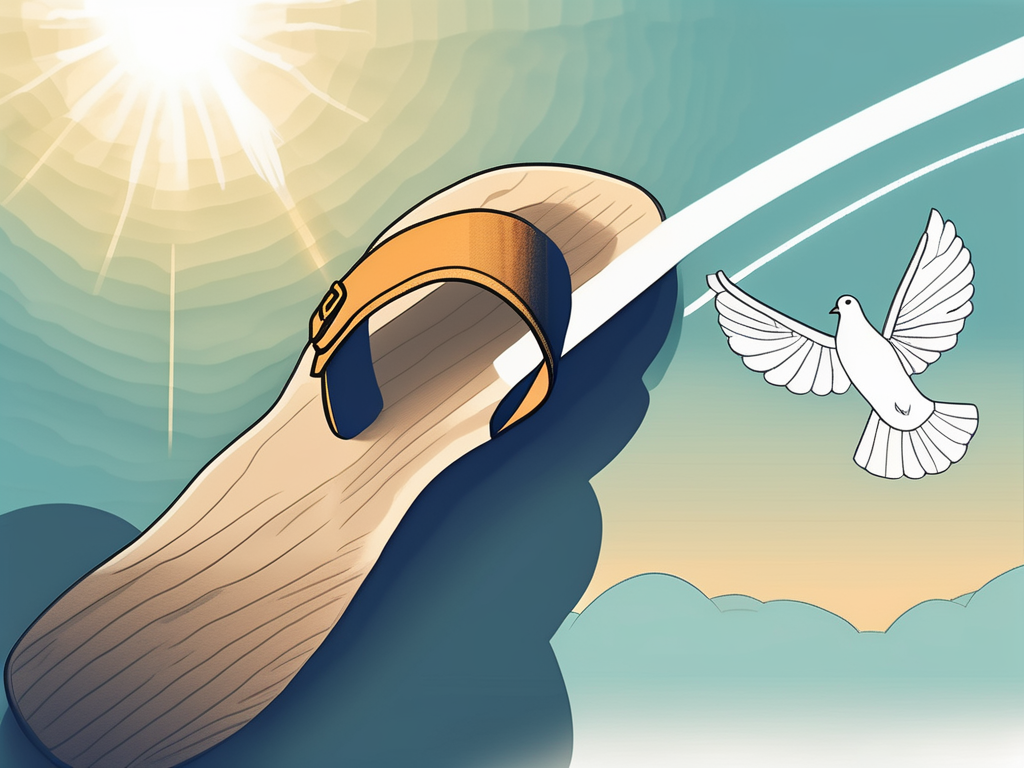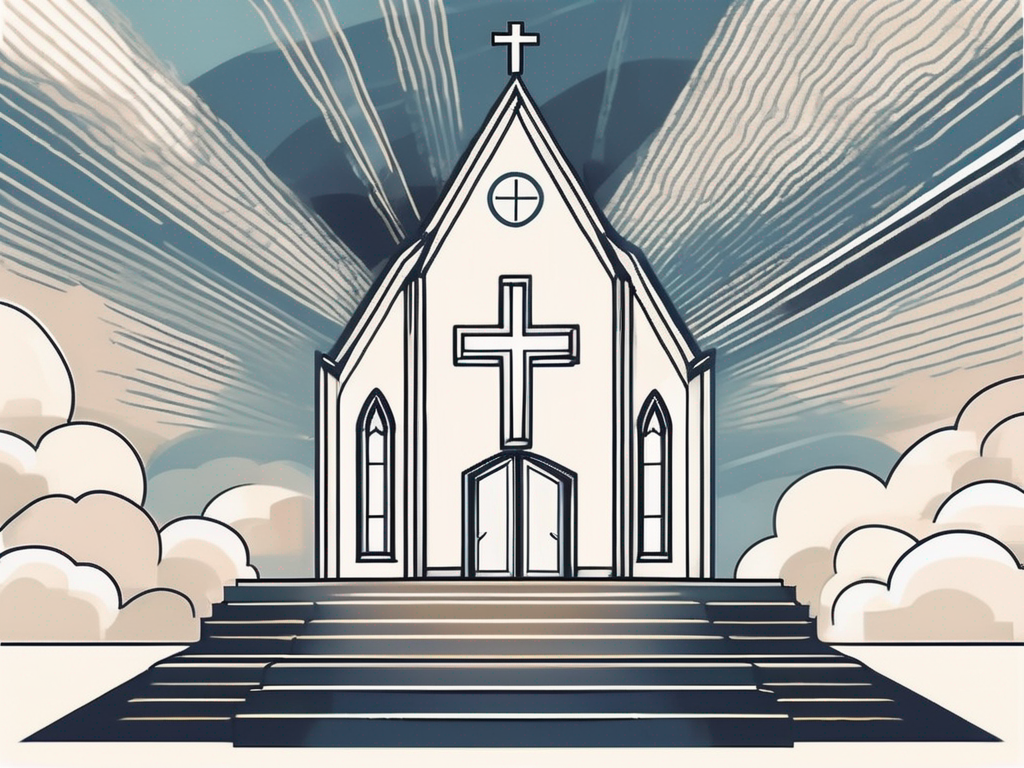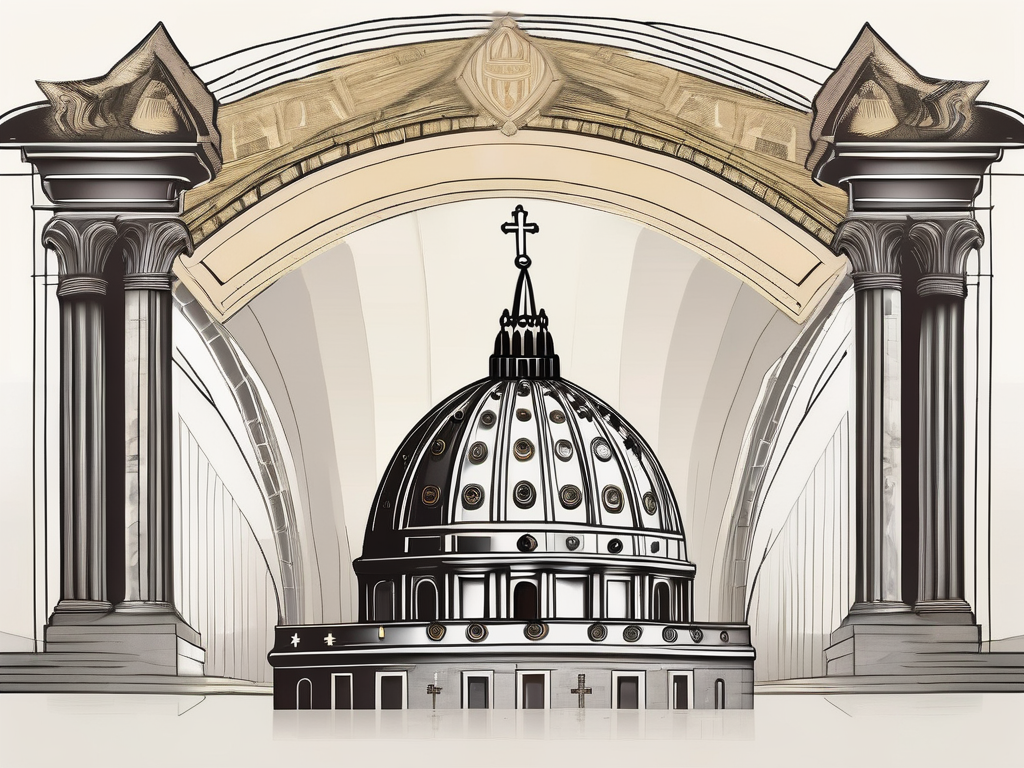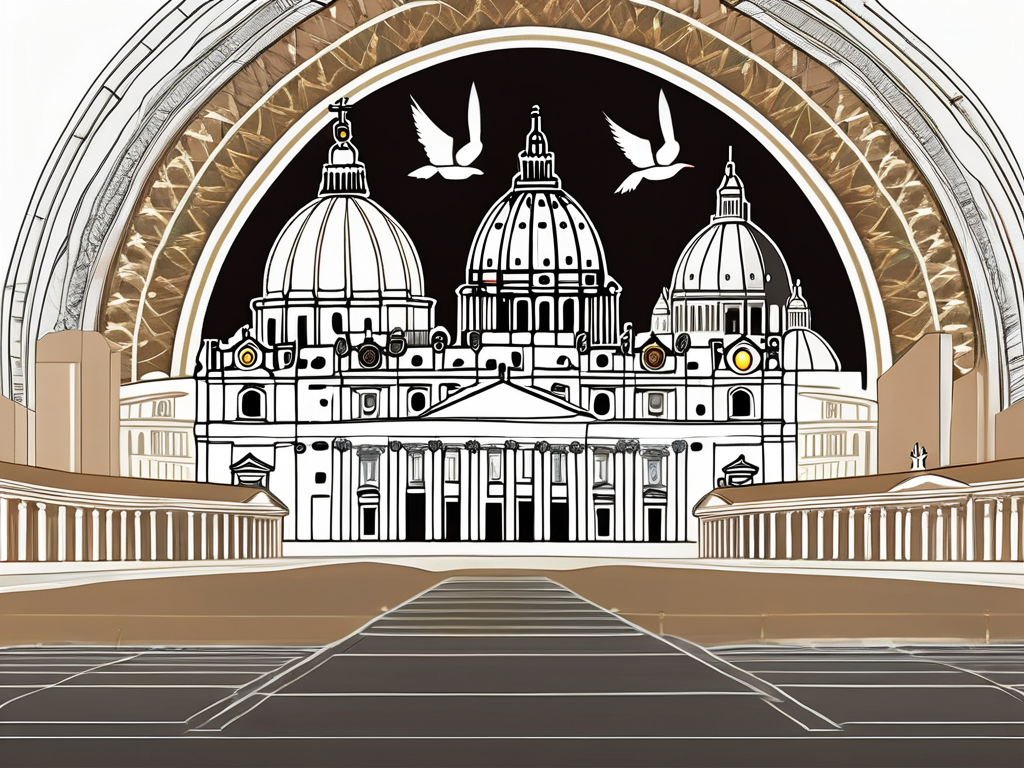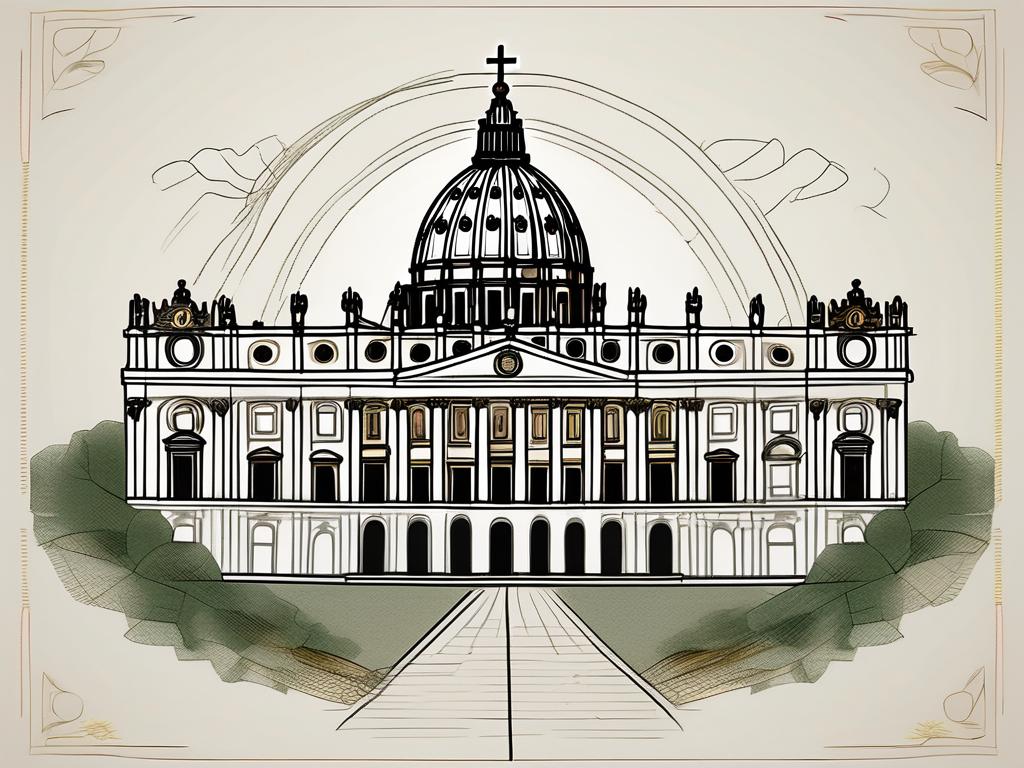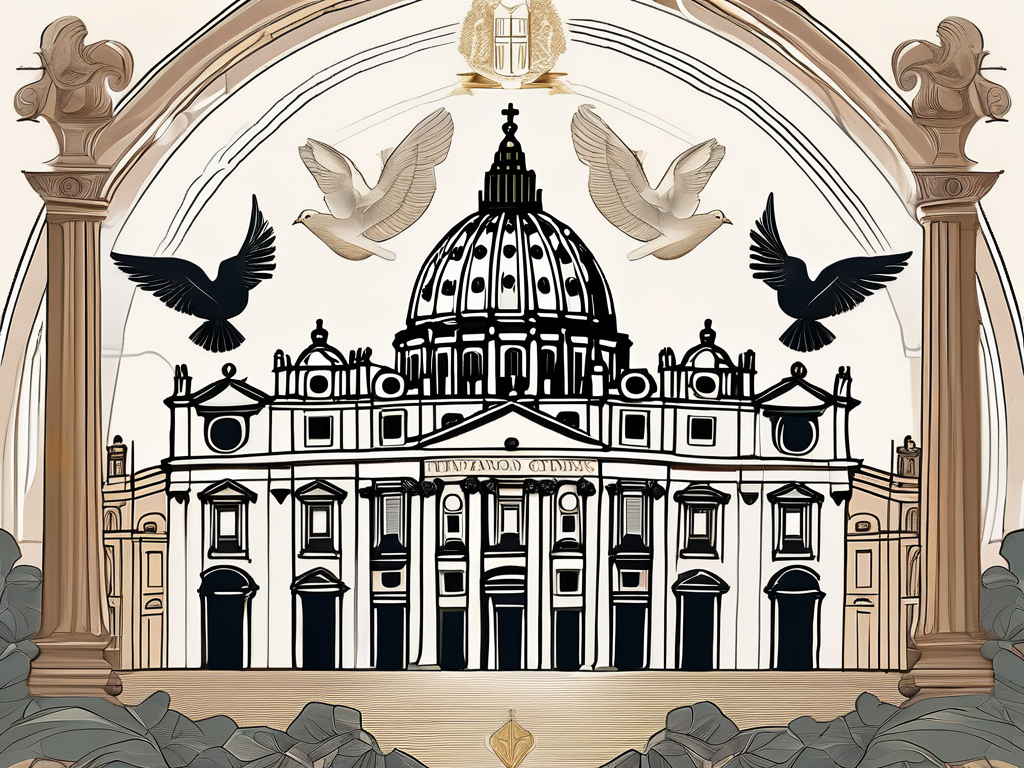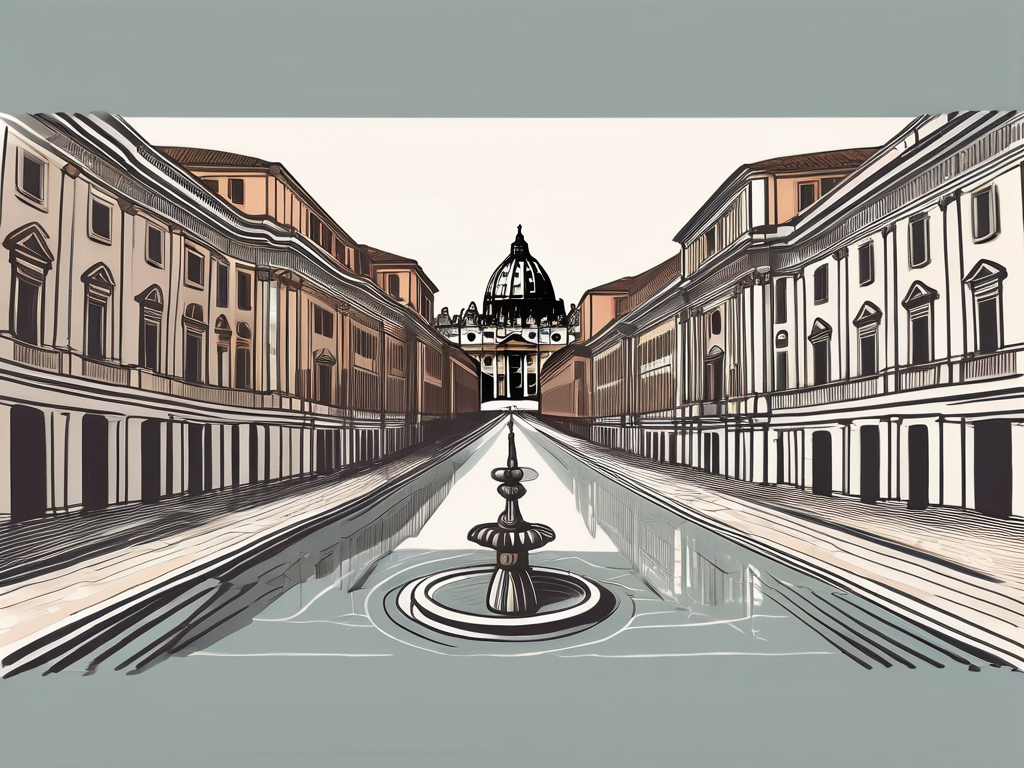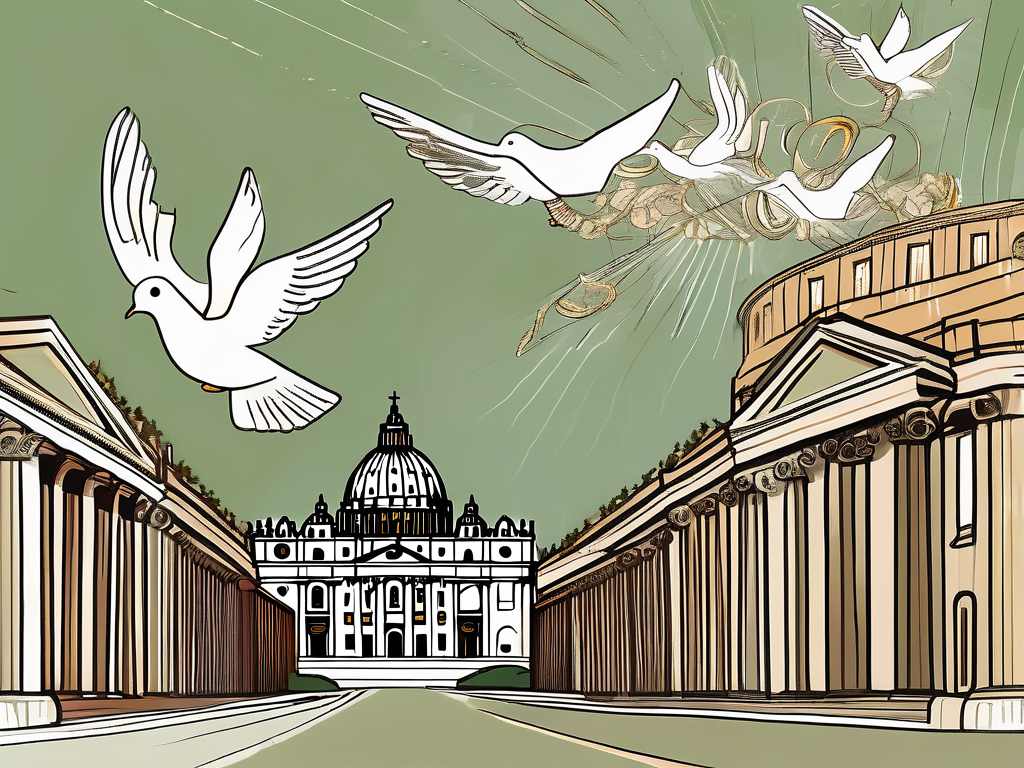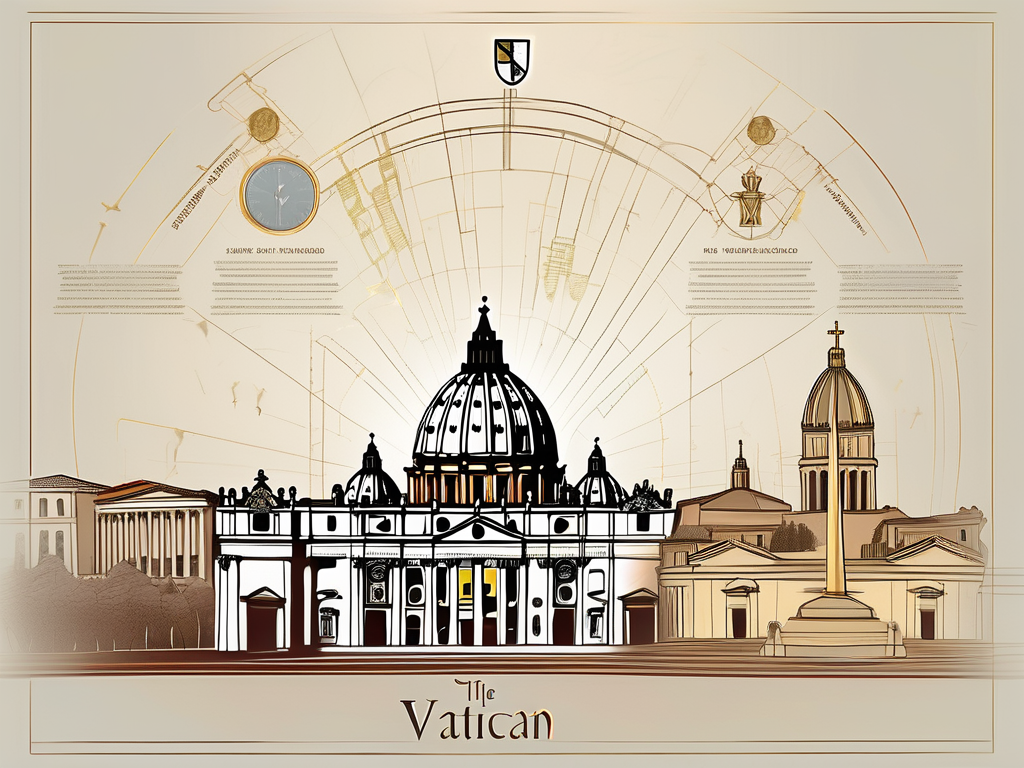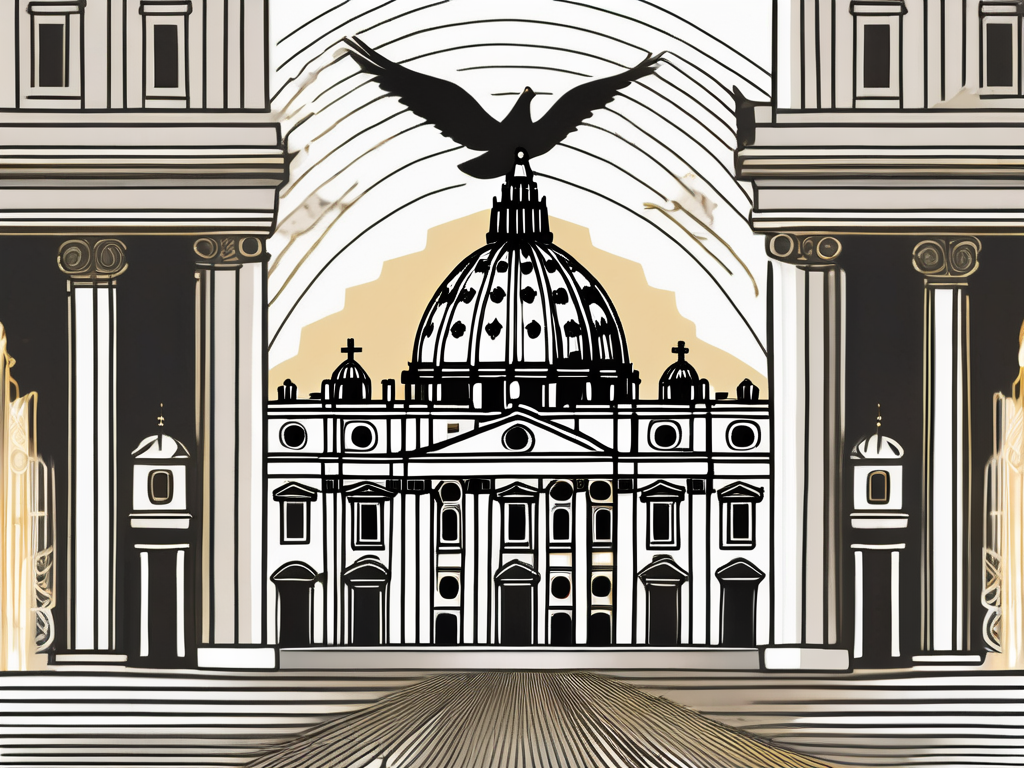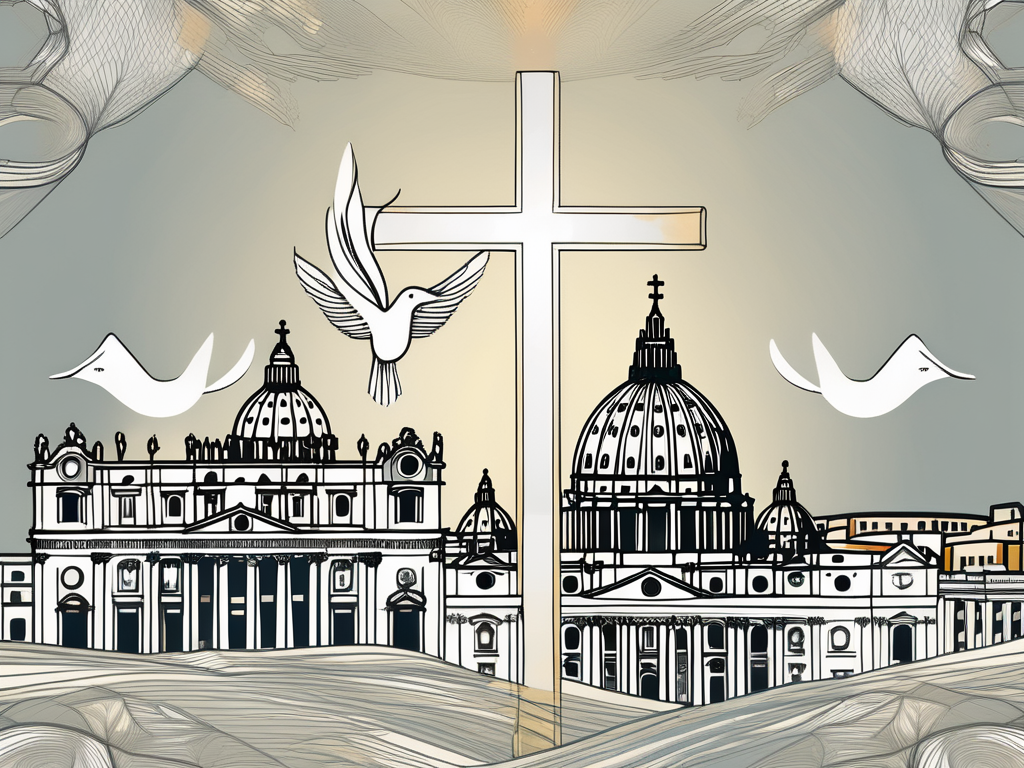Pope John XXI, born as Pedro Julião, led a remarkable life that left a lasting impact on the Catholic Church. From his early years to his ascension, his contributions and reforms, as well as the controversies and challenges he faced, Pope John XXI’s journey is one filled with deep significance. In this article, we will explore various aspects of his life, his papacy, and the enduring legacy he left behind.
Early Life and Education of Pope John XXI
Before ascending to the papacy, Pope John XXI had a rich and diverse background. He was born into a humble family with strong religious beliefs, which laid the foundation for his future endeavors.
Birth and Family Background
Pedro Julião was born in Lisbon, Portugal, in the year 1215. His family, though not of noble descent, instilled in him a deep sense of devotion to God and the Church. Growing up, he witnessed firsthand the power of faith and its ability to transform lives.
Despite their modest means, Pedro’s parents ensured that he received a comprehensive education. They recognized his intellectual potential from an early age and encouraged him to pursue his studies with fervor. Their unwavering support and guidance played a crucial role in shaping Pedro’s character and future achievements.
As a child, Pedro often accompanied his parents to the local church, where he absorbed the teachings of the clergy. He was captivated by the rituals and ceremonies, finding solace in the presence of God. This early exposure to religious practices ignited a deep passion within him, setting him on a path towards a life dedicated to serving the Church.
Academic Pursuits and Achievements
Pedro Julião’s thirst for knowledge led him to pursue higher education. He studied at the University of Paris, where he distinguished himself as a brilliant scholar. His keen intellect and dedication earned him respect among his peers and mentors.
During his time at the university, Pedro immersed himself in a wide range of subjects, including theology, philosophy, and medicine. He devoured books and engaged in lively debates, constantly seeking to expand his understanding of the world and its mysteries.
After completing his studies, Pedro Julião embarked on a remarkable academic career. He became a prominent professor of medicine and philosophy, contributing significantly to the fields of science and theology. His groundbreaking research and innovative ideas earned him acclaim and admiration from scholars across Europe.
Pedro’s expertise in medicine was particularly noteworthy. He delved into the intricacies of human anatomy, exploring new treatments and remedies for various ailments. His compassionate approach to healthcare and his commitment to alleviating suffering made him a beloved figure in the medical community.
Furthermore, Pedro’s philosophical insights and theological teachings left a lasting impact on his students. His lectures were known for their intellectual rigor and profound wisdom, attracting eager learners from far and wide.
Throughout his academic journey, Pedro Julião never lost sight of his faith. He saw his intellectual pursuits as a means to deepen his understanding of God’s creation and to better serve the Church. His unwavering devotion and commitment to both scholarship and spirituality set him apart as a remarkable individual.
Ascension to Papacy
Following his illustrious academic career, Pedro Julião’s journey took an unexpected turn when he was called to the Vatican.
As Pedro Julião embarked on his journey to the Vatican in 1272, he couldn’t help but feel a mix of excitement and trepidation. The call from Pope Gregory X was a testament to his reputation as a brilliant scholar and theologian. With each step he took towards the Vatican, Pedro Julião pondered the immense responsibility that awaited him.
Journey to the Vatican
At the behest of Pope Gregory X, Pedro Julião traveled to the Vatican in 1272. Recognizing his immense wisdom and expertise, Pope Gregory X appointed him as a cardinal, marking the beginning of his ascent to the papacy.
Upon his arrival at the Vatican, Pedro Julião was greeted with reverence and admiration. The halls of the Holy See buzzed with anticipation as news of his appointment spread. Scholars and clergy from all corners of the world flocked to catch a glimpse of the man who would soon shape the course of the Catholic Church.
As a cardinal, Pedro Julião immersed himself in the affairs of the Vatican. He delved into the intricacies of canon law, engaged in theological debates, and offered his counsel to Pope Gregory X. His intellect and dedication earned him the respect and admiration of his peers, solidifying his position as a rising star within the Church.
Election and Papal Inauguration
Shortly after Pope Gregory X’s passing, Pedro Julião found himself thrust into the spotlight once again. The College of Cardinals convened in the Sistine Chapel to elect the next successor of Saint Peter. The air was thick with anticipation as the cardinals cast their votes, each one aware of the weighty decision they were about to make.
When the white smoke billowed from the chimney, signaling the election of a new pope, the world held its breath. Pedro Julião emerged from the conclave as Pope John XXI, the chosen one to lead the Catholic Church into a new era.
His papal inauguration was a momentous occasion, marked by a sense of hope and anticipation for the reforms he would bring. Thousands of faithful gathered in St. Peter’s Square, their eyes fixed on the balcony where the newly elected pope would make his first appearance. As Pope John XXI stepped onto the balcony, a wave of applause and cheers erupted from the crowd, echoing through the grandeur of Vatican City.
In his inaugural address, Pope John XXI spoke of his vision for a Church that would be a beacon of compassion, justice, and spiritual guidance. His words resonated with the faithful, who saw in him a leader who would bring about positive change and address the challenges facing the Church.
As Pope John XXI assumed his role as the spiritual leader of millions, he carried with him the weight of history and the hopes of the faithful. The journey that began with Pedro Julião’s unexpected call to the Vatican had now culminated in his ascension to the highest office within the Catholic Church.
Contributions and Reforms
Pope John XXI’s papacy was characterized by his unwavering commitment to theological discourse and administrative reforms. His contributions and reforms had a profound impact on the Catholic Church and continue to shape its practices and beliefs to this day.
Theological Contributions
John XXI’s theological contributions were profound and far-reaching. He sought to reconcile the tensions between faith and reason, advocating for a deeper understanding of God’s creation through the integration of scientific knowledge and religious teachings. His writings on theology continue to shape the Catholic Church’s perspective on science and faith.
One of his notable theological contributions was his emphasis on the harmony between science and religion. He believed that scientific discoveries and advancements should not be seen as a threat to religious beliefs, but rather as a means to deepen our understanding of God’s creation. He encouraged scholars and theologians to engage in dialogue with scientists, fostering an environment of intellectual curiosity and exploration.
Furthermore, Pope John XXI’s theological writings also addressed the importance of social justice and compassion. He emphasized the need for the Church to actively engage in addressing societal issues such as poverty, inequality, and injustice. His teachings on social justice continue to inspire Catholics around the world to work towards a more just and equitable society.
Administrative Reforms
During his papacy, Pope John XXI implemented various administrative reforms aimed at promoting transparency and accountability within the Church. He recognized the need to address corruption and nepotism, which had plagued the Church for centuries. His reforms sought to establish a more efficient and ethical system of governance.
One of the key administrative reforms introduced by Pope John XXI was the establishment of financial oversight committees to ensure the proper management of Church resources. These committees were tasked with monitoring the allocation of funds, preventing embezzlement, and promoting financial transparency.
In addition to financial reforms, Pope John XXI also focused on promoting a culture of humility and service within the Church. He encouraged clergy and religious leaders to lead by example, emphasizing the importance of compassion, humility, and devotion to serving others. His reforms aimed to create a more compassionate and service-oriented Church, dedicated to the well-being of its members and the wider community.
Furthermore, Pope John XXI also sought to strengthen the relationship between the Church and its followers. He implemented reforms to enhance communication and engagement, such as encouraging regular pastoral visits to different regions and promoting the use of local languages in religious services. These reforms aimed to foster a sense of inclusivity and accessibility, ensuring that the Church remained connected to its diverse and global congregation.
Controversies and Challenges
Pope John XXI’s tenure was not without challenges and controversies. His unwavering commitment to his beliefs often stoked conflicts and sparked debate within the Church.
Disputes and Conflicts
While Pope John XXI’s theological views were admired by many, they also led to tensions and disputes among theologians. Nevertheless, his commitment to the pursuit of truth and dialogue helped bridge the gaps between opposing factions, fostering greater unity within the Church.
Health and Personal Challenges
Throughout his papacy, Pope John XXI faced numerous health-related challenges. Despite his physical ailments, he remained resolute in his mission and continued to inspire others with his unwavering faith and resilience.
Death and Legacy
Tragically, Pope John XXI’s papacy was cut short due to unforeseen circumstances. However, his legacy lives on in the hearts and minds of the faithful.
Circumstances of Death
In 1277, Pope John XXI met an untimely demise when a portion of the Papal Palace collapsed, burying him beneath the rubble. His sudden death sent shockwaves throughout the Catholic Church and the world.
Impact and Influence on the Catholic Church
Pope John XXI’s influence continues to be felt within the Catholic Church. His commitment to intellectual integrity, theological discourse, and administrative reforms paved the way for future leaders to address contemporary challenges and navigate the complexities of an evolving world.
In conclusion, Pope John XXI’s life and legacy are a testament to the transformative power of faith and intellect. From his humble beginnings to his ascension as pope, he left an indelible mark on the Catholic Church, ensuring the endurance of his principles and contributions for generations to come.
